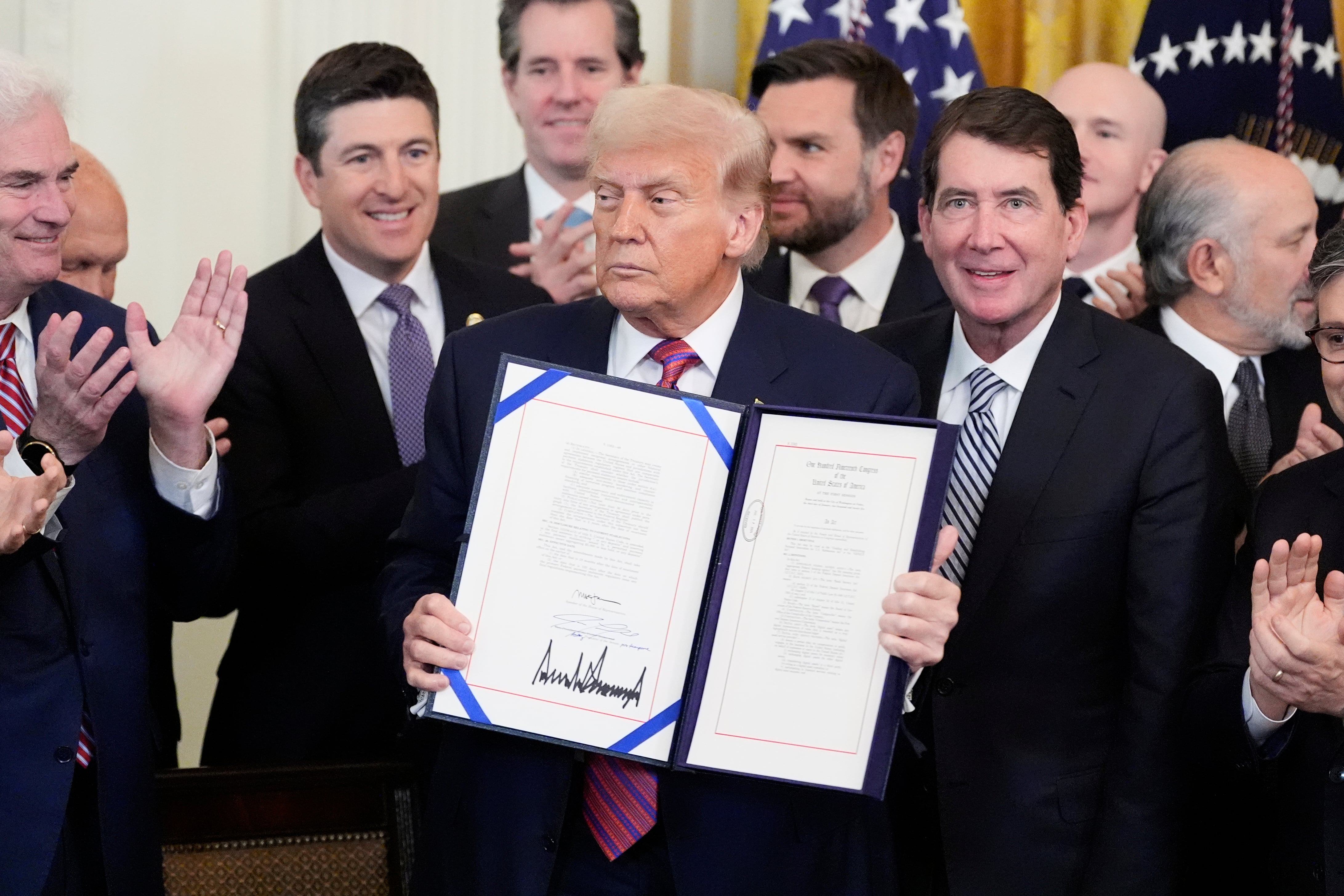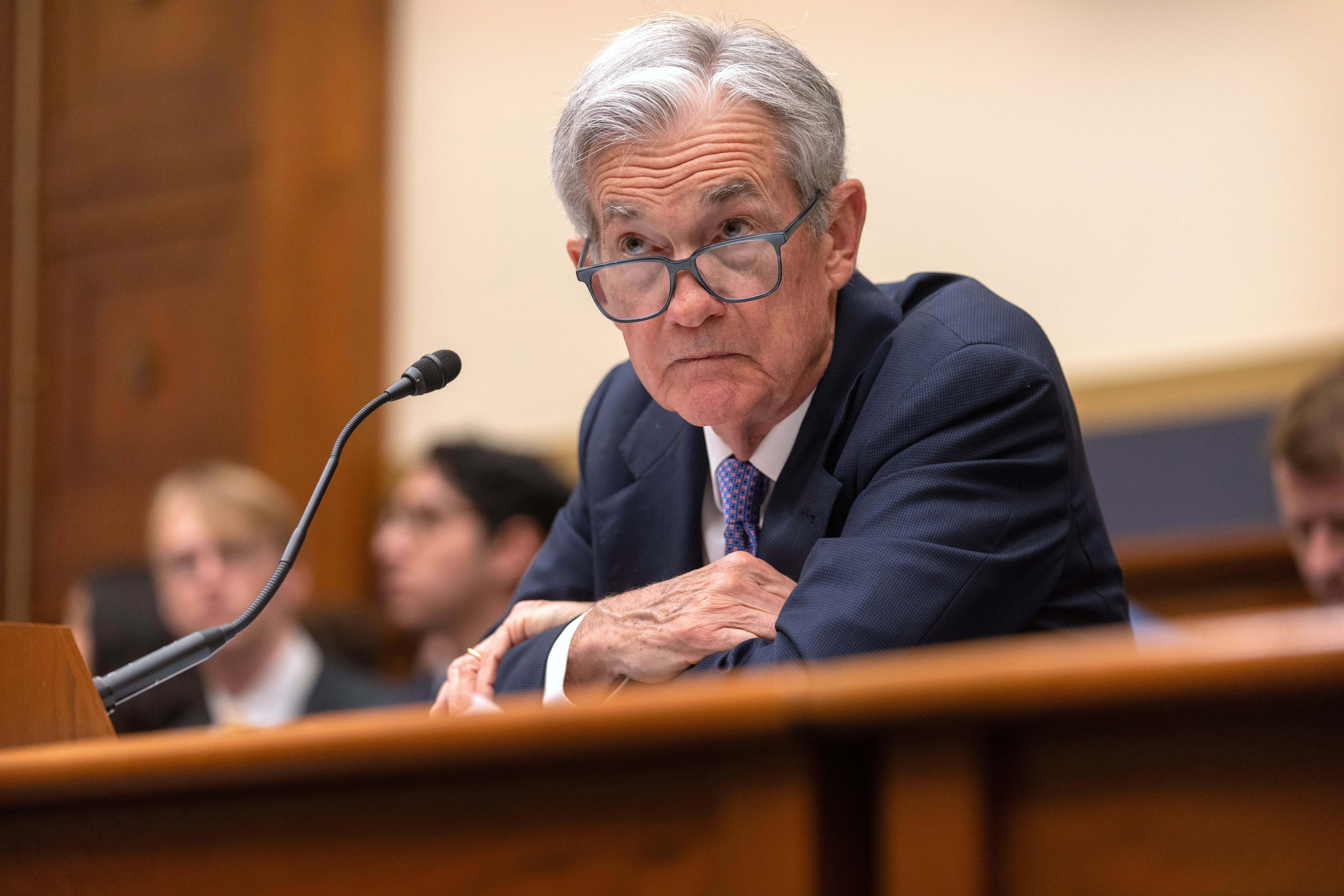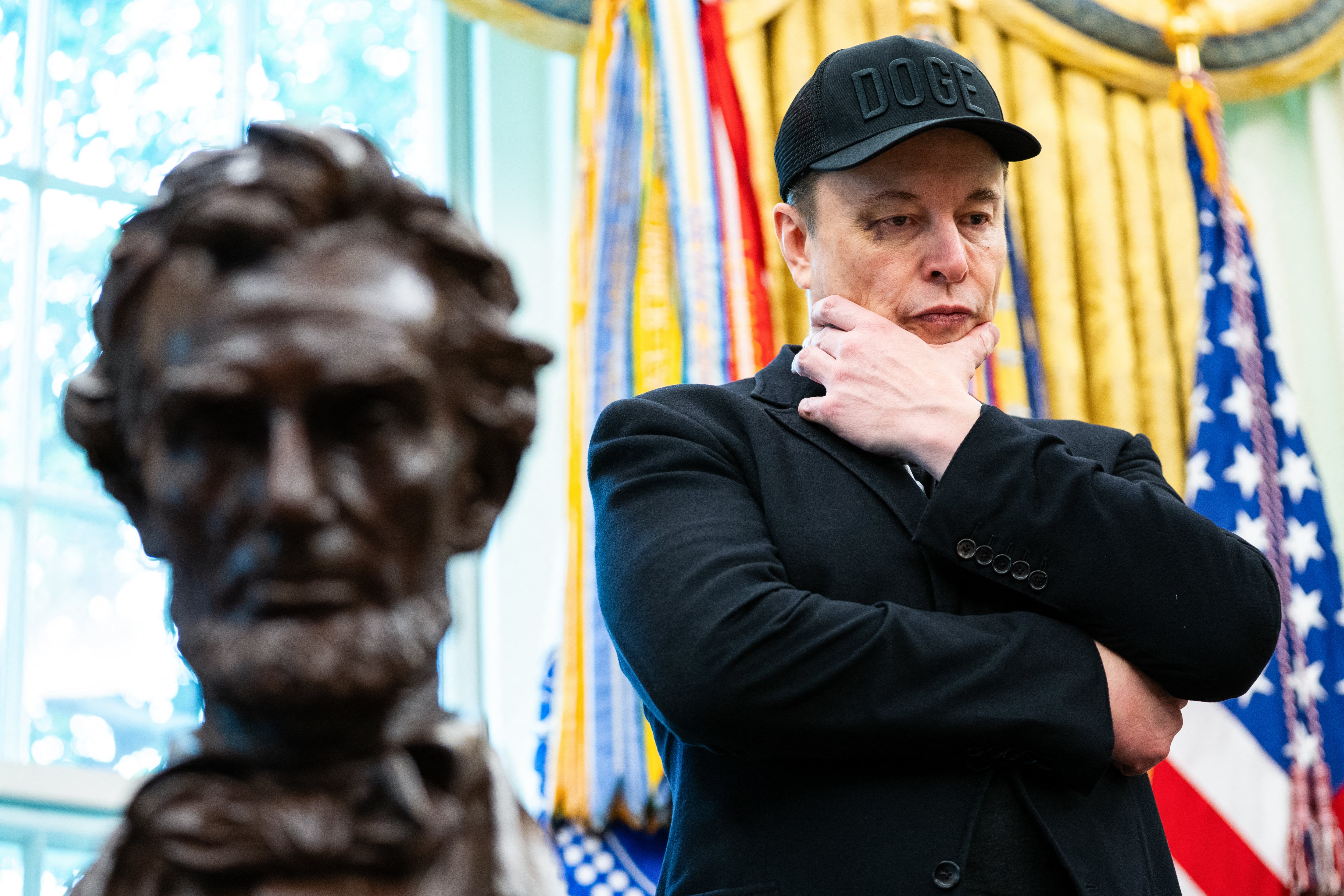More Americans are going to college than at any time in history. And more are graduating with a student debt burden that will follow them for years, making it more difficult to participate in the American economy: owning a home, starting a business, raising a family. Total student debt in the U.S. now tops $1.6 trillion — making it the second highest category of consumer debt, behind only mortgages.
It's no wonder addressing the student loan crisis has become one of the top issues of the 2020 presidential campaign. That's why Cheddar reached out to all 24 declared Democratic candidates and asked what they would do to address the debt burden if elected president.
While Cheddar asked for just one thing each candidate would do to tackle the crisis, every campaign that responded had a hard time whittling down just what they would do on day one. Their approaches vary from those who want to eliminate all loans to those who prioritize a public service loan forgiveness model; nearly every candidate has a plan to tackle the student-debt load. But, almost every campaign highlighted that the student loan crisis is a problem with multiple causes and multiple solutions.
Here's what each campaign had to say to Cheddar:
Two candidates referred Cheddar to their websites, where they lay out their loan forgiveness plans:
One campaign referred us to a previous media appearance:
While Cheddar did not receive a response from every campaign, a number of candidates spoke about student loans at the first debate in Miami:
*The campaigns of Amy Klobuchar, Bill de Blasio, Cory Booker, Jay Inslee, Michael Bennet, Pete Buttigieg, Tim Ryan, and Tulsi Gabbard all did not respond to comment for this piece.













